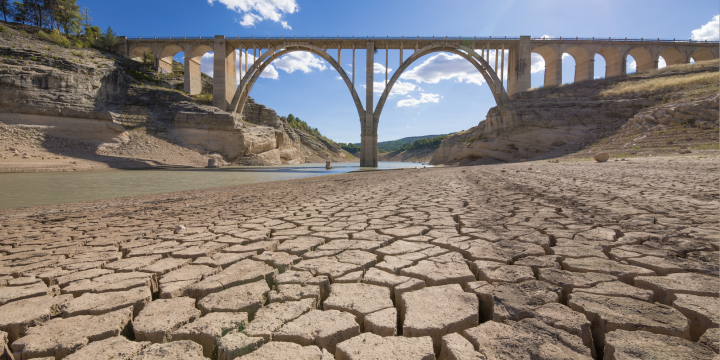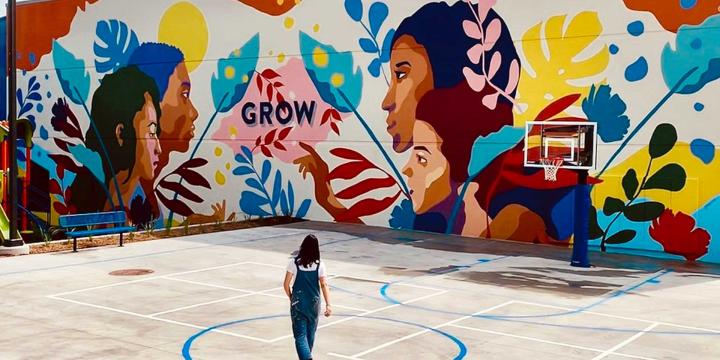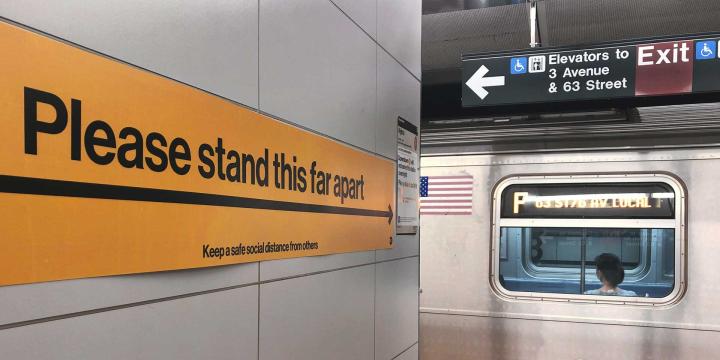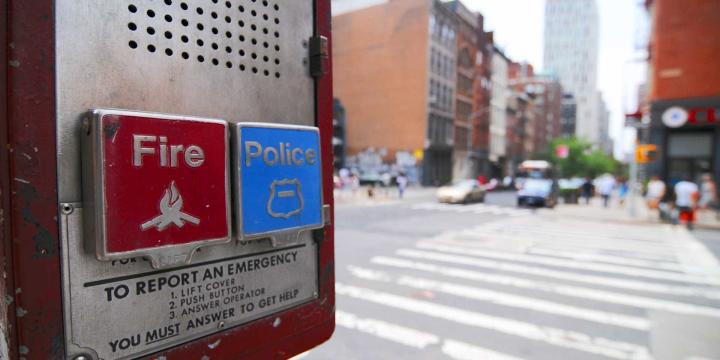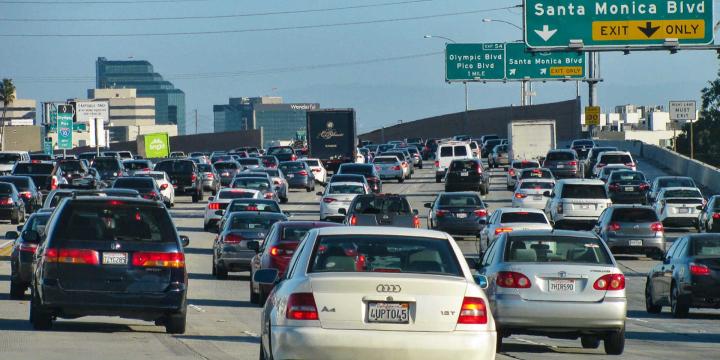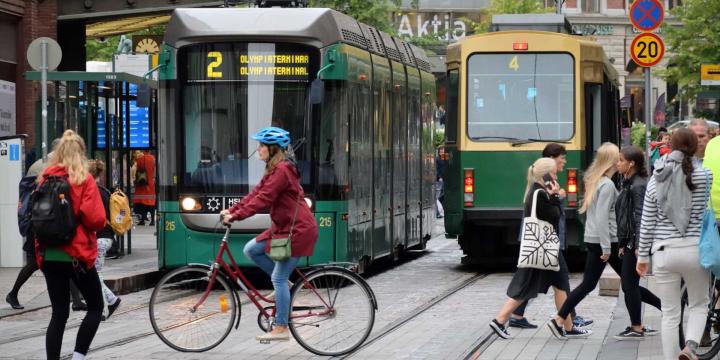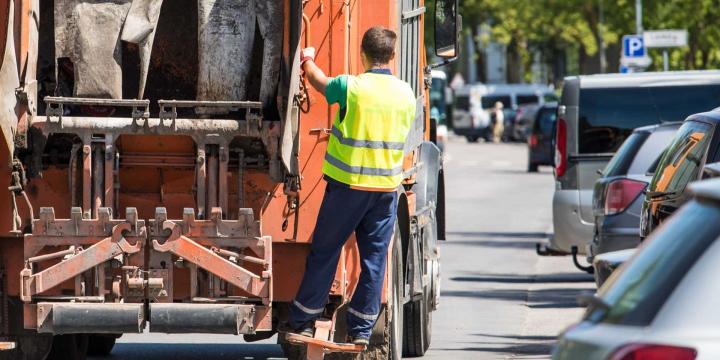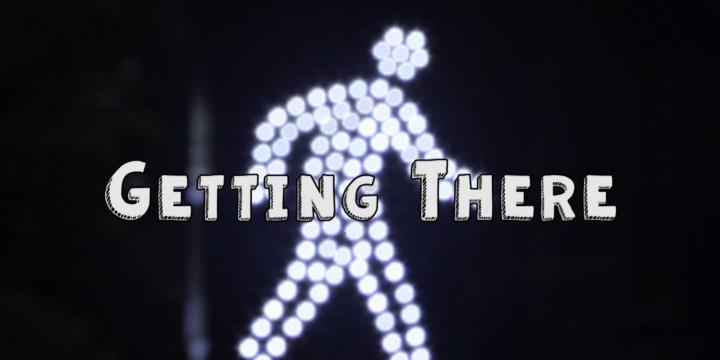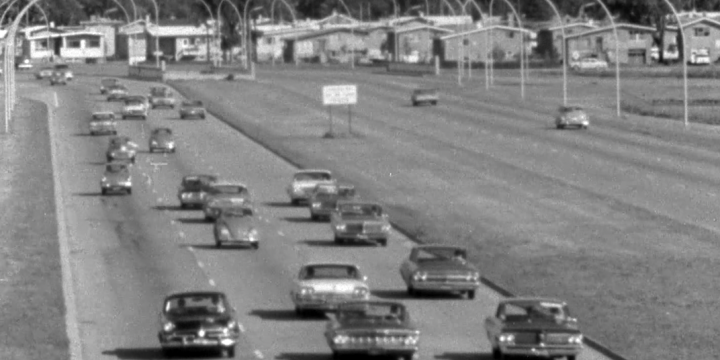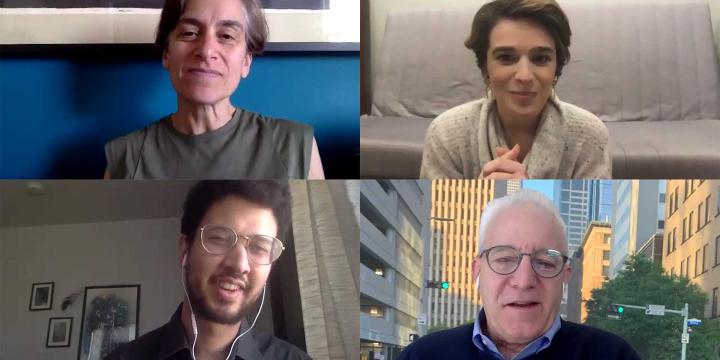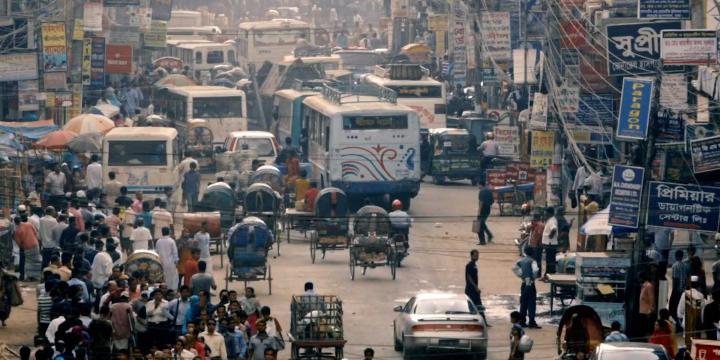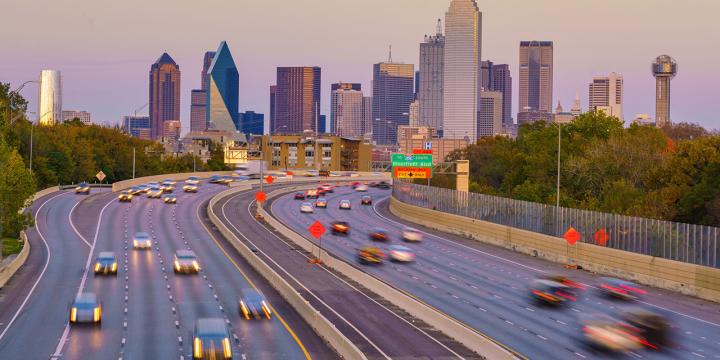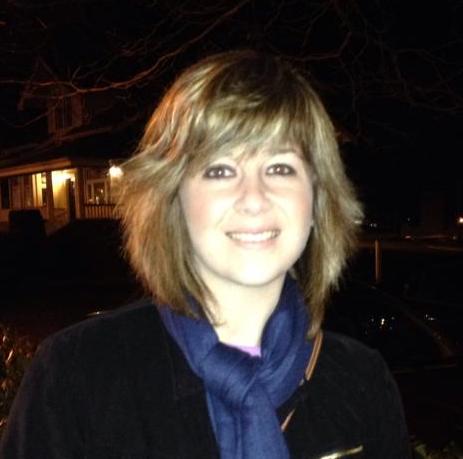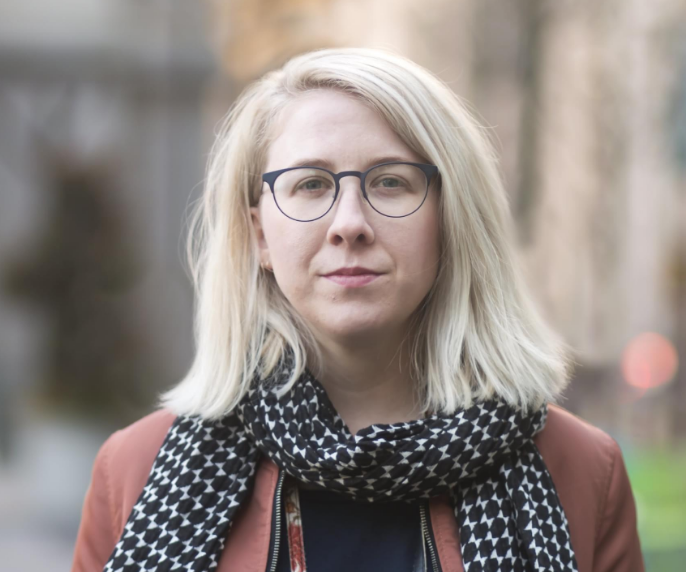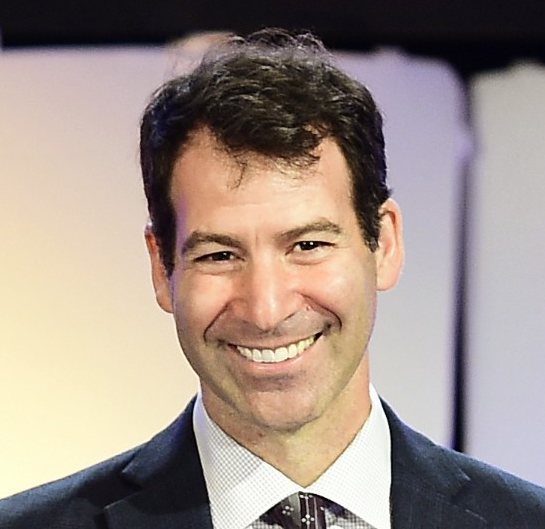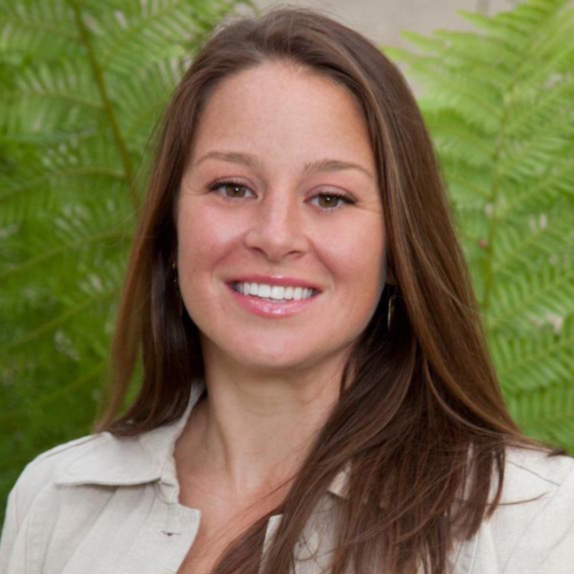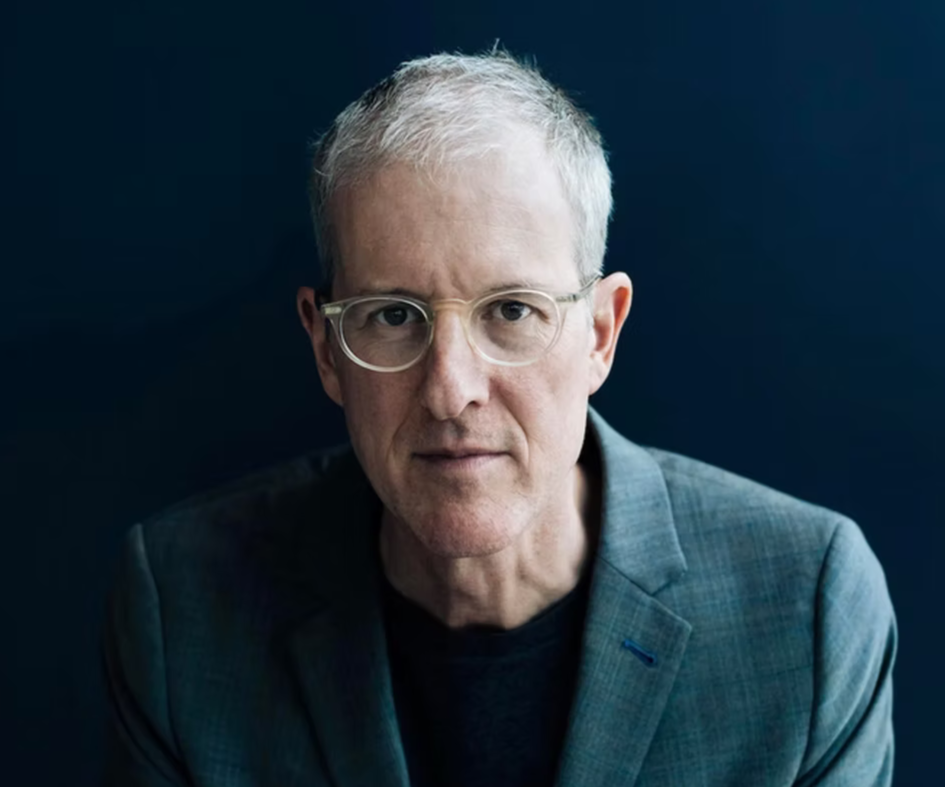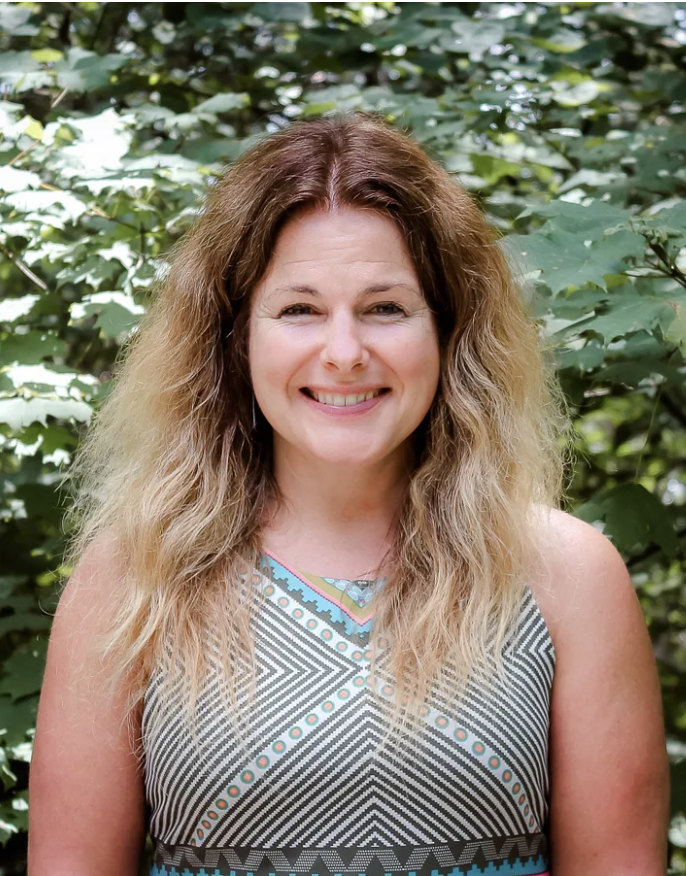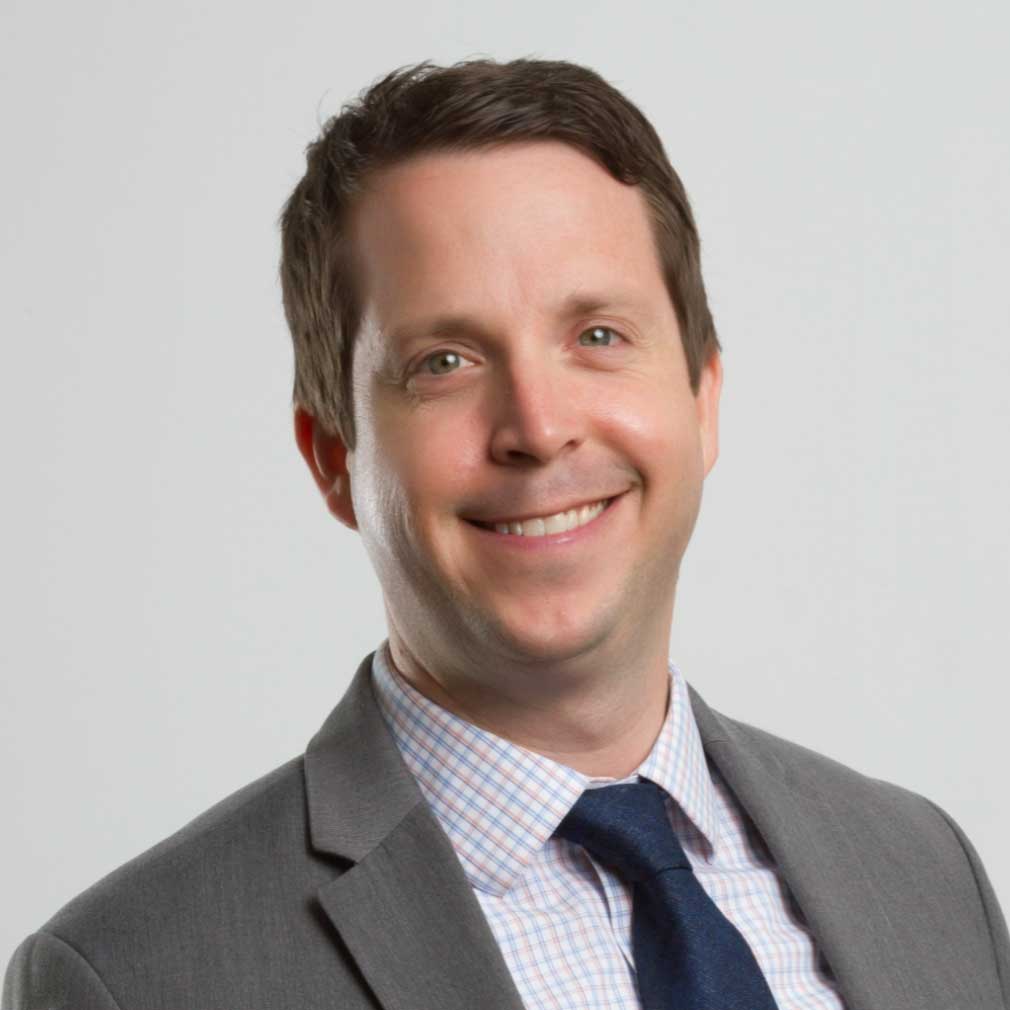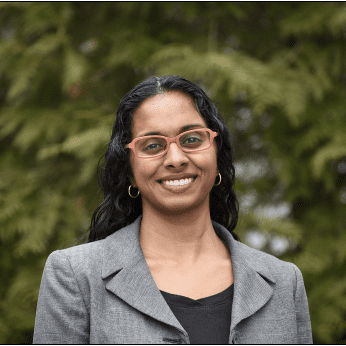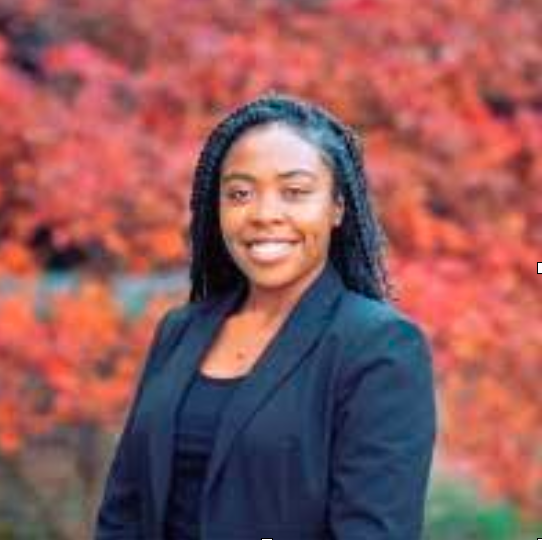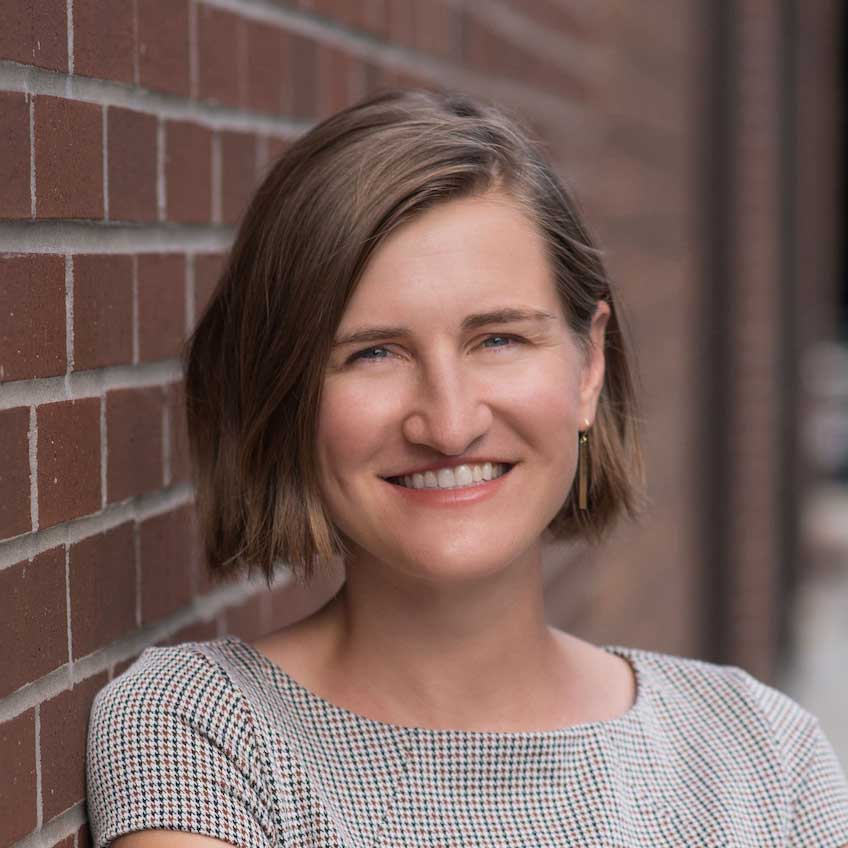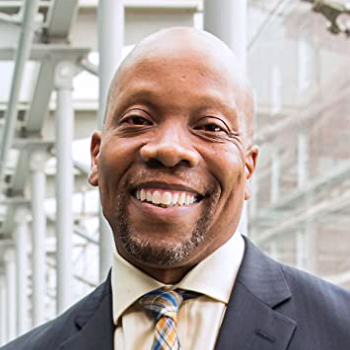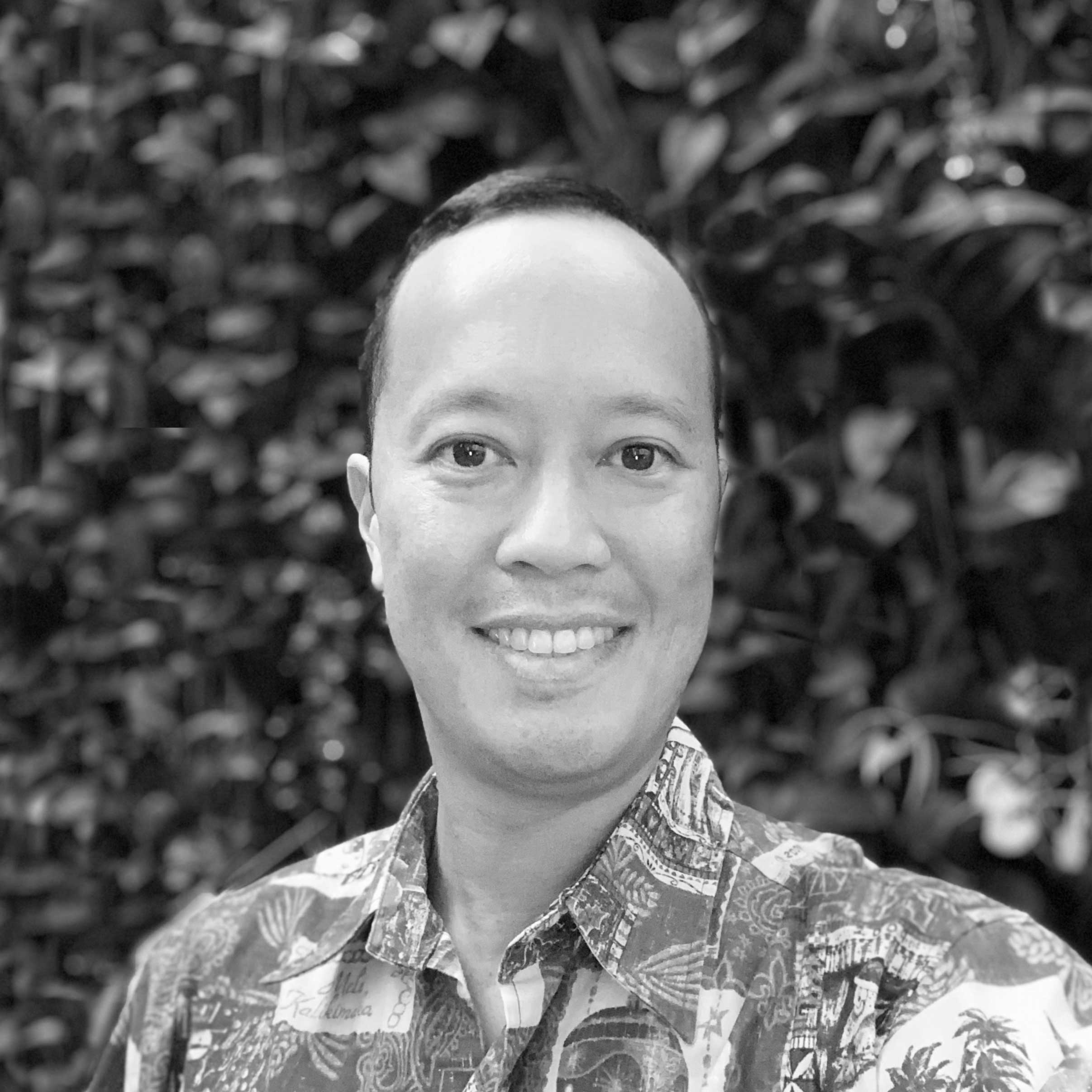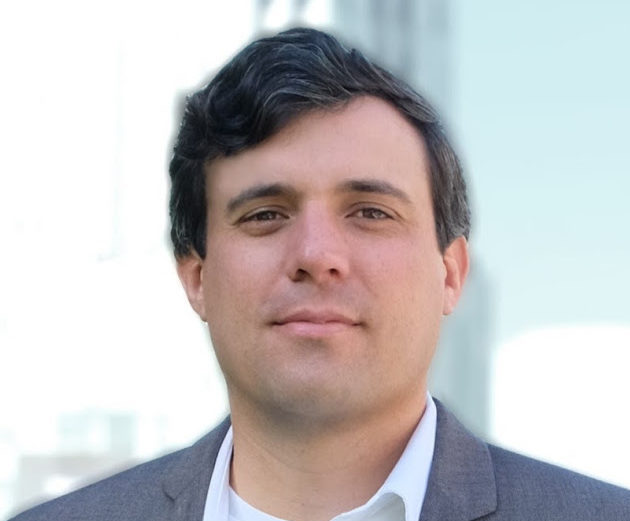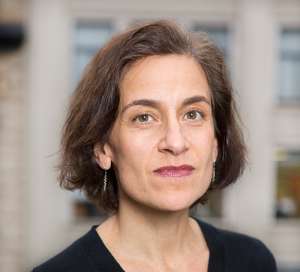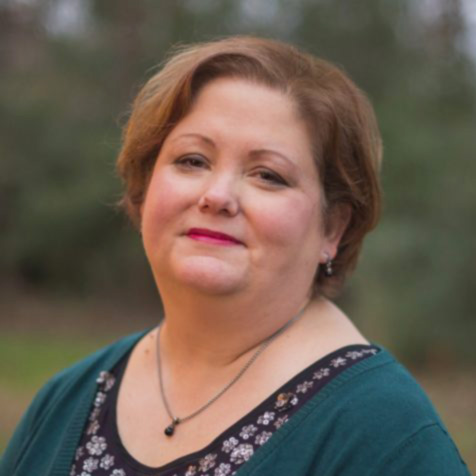All Public Health Courses
Walkable City 1: Why Walkability?
Jeff Speck explains his five principal reasons for building more walkable places — Economics, the Environment, Public Health, Equity, and Social Cohesiveness — arming practitioners with a full range of arguments in favor of pro-walkability planning.
Resilience Planning for Heat and Drought Events
Learn how cities can prepare their infrastructure and social services for heat waves and droughts in a warming world.
Landscape Design for Social Sustainability, Part 1
Discover how and why the built environment succeeds or fails at supporting thriving, diverse communities, and how designers can create mechanisms that allow communities to enjoy and improve their environments to suit their needs and desires.
Crime Prevention Through Environmental Design
This course discusses crime as an environmental justice issue and reviews techniques that successfully reduce crime and make communities safer and healthier through Crime Prevention Through Environmental Design (CPTED) theory.
Lighting Regulations and Dark Sky Places
Learn best practices for crafting lighting regulations and dark sky designations that protect night skies and improve environmental and public health.
Planning Commissioner Training
The new "Planning Commissioner Training" series offers citizen planners a chance to learn the tools to make a positive impact in their communities (available as a separate subscription).
Introduction to Lighting and Light Pollution
Discover the history and impact of light pollution on human health, the environment, wildlife, ecosystems, and the night sky.
Public Transit During Covid-19: Challenges and Lessons
The Covid-19 pandemic decimated public transit service across the United States, causing significant decreases in ridership. Social equity subsequently suffered, with the riders who depend most on public transit feeling the most tangible impacts.
Crime and Urban Planning in the United States
The spatial patterns and environmental characteristics of urban crime offer planners an opportunity to contribute to building crime-resilient communities.
Traffic Congestion, Part One: Sources and Responses
Explore the sources of traffic congestion while also examining common preconceptions that inform how planners and policymakers respond to the challenge of reducing congestion, for better or worse.
Women and Cities 5: The Feminist Future City
This final chapter speculates on what a feminist city could look like, recalling case studies and ancient examples that include contemporary contexts but also consider future needs for a more heart-centered city designed for everyone.
Women and Cities 4: Gender Equity in the Public Sphere
This course will outline the way in which women have occupied public spaces and the transition into a greater level of visibility for women in cities.
Accessory Dwelling Units: Understanding America’s Newest Housing Typology
Explore the latest ADU policy developments from leading American cities, key challenges and opportunities for increasing or limiting ADU production, first-hand examples, and best practices in ADU affordability programs.
Understanding Sanitation Work
This course provides an introduction to sanitation workers, the history of sanitation work, ongoing challenges in the field, and present-day issues facing sanitation workers.
The Pedestrian Safety Crisis in the U.S.
This course discusses the social trends putting people at risk on U.S. streets and roads; why traffic safety is fundamentally a problem of systematic, structural inequality; and what U.S. planners and the public can do about it.
Planning for Universal Design
At the end of this course, you will be familiar with the tenets of Universal Design and how it differs from Americans with Disabilities Act (ADA) compliance. You'll also be able to identify tools for implementing Universal Design in planning regulations.
Right of Way: How Racial and Class Disparities Created a Silent Epidemic of Pedestrian Deaths
This course presents a panel discussion hosted by the Security and Sustainability Forum and Island Press in September 2020.
Mindfulness And Self-Care for Urban Planners
This course will walk participants through three mindfulness exercises and offer prompts for reflection and self-care.
Getting There
Getting There was produced by planners in New Hampshire to inform other planners of the concepts and benefits of universal design. The big idea illustrated by the film is that a built environment designed with the needs of the visually impaired in mind would be universally accessible for every single member of the community.
Lewis Mumford on the City 5: The City as Man's Home
In this fifth episode of the series, Mumford begins his exploration of the city during a period of rapid transformation during the Industrial Revolution, when old cities grew quickly, new cities sprang up in the countryside, and the wealthy fled to the countryside, neglecting the health and prosperity of those who stayed behind.
The Future of Cities After COVID-19
This virtual panel discussion focuses on the potential for the COVID-19 pandemic to influence the development, demographic, and environmental trends of the future. Speakers: Allison Arieff, William Fulton, Scott Frazier, and Mariela Alfonzo. Moderator: James Brasuell.




